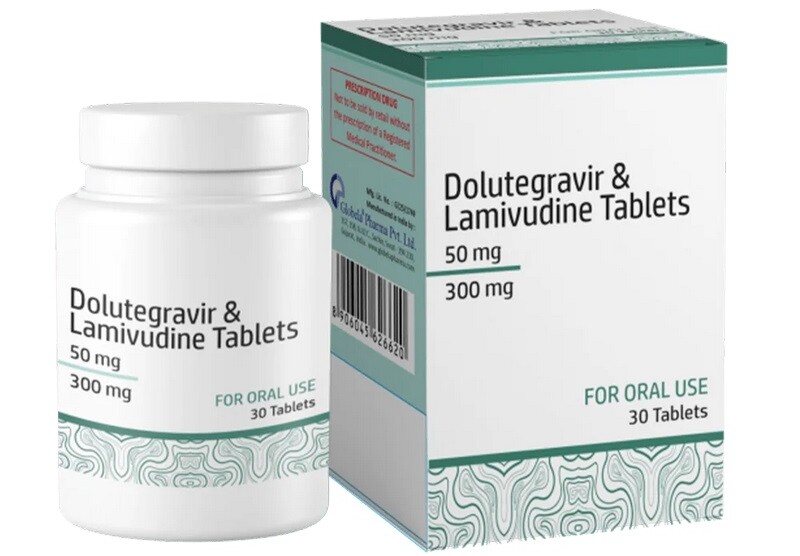HIV Drug Reduces Carbon Emissions

A groundbreaking report has revealed that changing the ingredients or manufacturing methods of widely used medications can significantly reduce carbon emissions.
The study found a reduction of 26 million tons of CO2, equivalent to the entire carbon footprint of Geneva for ten years. This reduction has already been achieved.
The HIV treatment dolutegravir (DTG) is used by 24 million people worldwide. Over 110 low and middle-income countries have adopted DTG as the preferred treatment option. Rapid voluntary licensing of the medicine, including its pediatric version, to over a dozen generic manufacturers, has significantly reduced prices. It’s estimated that 1.1 million lives will be saved from HIV/AIDS-related deaths by 2027.
DTG’s predecessor, efavirenz, contained 1200 milligrams of active ingredients, while DTG contains 650 milligrams of just one compound. This small difference was enough to reduce the medication’s carbon footprint by a factor of 2.6.
Unitaid, a global public-private partnership that invests in new health products for low and middle-income countries, published the report “Milligrams to Megatons.” It is the first research to compare carbon footprints between commonly used medications. The authors noted that the reduction in carbon footprint surpasses many climate mitigation achievements in health and other sectors.
Since DTG entered production in 2017, 2.6 million fewer tons of CO2 have entered the atmosphere each year compared to if efavirenz was still the standard treatment. The global medical sector’s carbon emissions are about 5% of the global total, larger than the emissions of many big countries and 2.5 times as much as aviation.
“This report shows that we can achieve significant health improvements while also reducing carbon emissions. By adopting innovative practices and prioritizing sustainability, we can ensure that medicines like DTG are effective and environmentally responsible,” Vincent Bretin, Director of Unitaid’s Results and Climate Team, told Health Policy Watch.